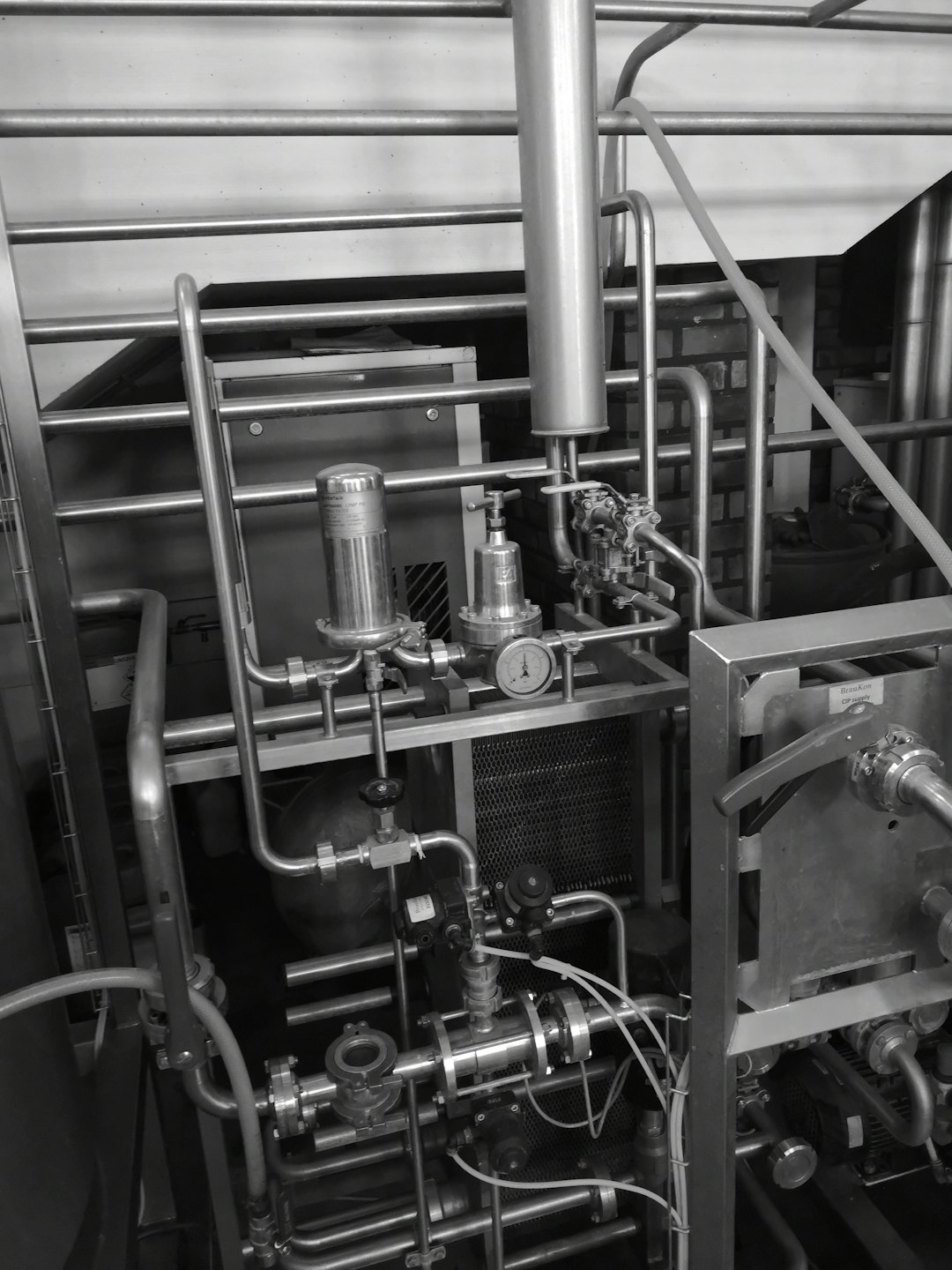How Artificial Intelligence Enhances Problem-Solving in Various Engineering Fields
5 min read
Artificial Intelligence (AI) has rapidly evolved from a theoretical concept into a transformative force across multiple sectors, including the field of engineering. As modern engineering projects grow increasingly complex, the integration of AI offers powerful tools that facilitate effective problem-solving. Whether it’s predicting equipment failures, optimizing design parameters, or automating tedious computations, AI is helping engineers achieve novel solutions with unprecedented precision and speed.
In recent years, engineers in civil, mechanical, electrical, chemical, and software domains have harnessed AI technologies to overcome challenges that were once considered time-consuming or intractable. By leveraging massive datasets, advanced algorithms, and real-time analytics, AI is redefining how engineering problems are approached and resolved.
The Core Role of Artificial Intelligence in Engineering
What sets AI apart from traditional computing is its ability to learn from data and improve its performance over time. In the context of engineering, this ability translates into smarter predictions, quicker simulations, and better decision-making.
- Machine Learning (ML): Enables systems to automatically learn and improve from experience without being explicitly programmed.
- Natural Language Processing (NLP): Facilitates understanding and generation of human language, streamlining documentation and technical searches.
- Computer Vision: Helps in interpreting visual data, essential for quality control and automation in manufacturing environments.
- Optimization Algorithms: Solve complex engineering problems by evaluating multiple variable parameters simultaneously.
These AI tools are embedded across various engineering practices, making their contributions not only valuable but, in many cases, indispensable.
Applications of AI Across Engineering Fields
Civil Engineering
AI is significantly enhancing civil engineering practices, especially in infrastructure monitoring and urban planning. Smart sensors and AI algorithms work together to track vibrations and stress levels in bridges, tunnels, and buildings. These systems can predict potential failures well in advance, enabling timely maintenance and preventing disasters.
In transportation engineering, AI is used to design intelligent traffic systems by analyzing patterns to reduce congestion and improve safety. Drones combined with AI software are also utilized for surveying large construction sites efficiently and accurately.

Mechanical Engineering
Mechanical engineers use AI to optimize product designs, reduce prototyping cycles, and simulate mechanical behavior under various conditions. AI-powered CAD software now suggests improvements in real-time, taking into account material properties, stress tolerances, and thermal impacts.
Predictive maintenance, made possible through machine learning, monitors equipment behavior and predicts failures before they occur. This not only reduces downtime but also cuts maintenance costs significantly, making industrial operations more efficient.
Electrical and Electronics Engineering
In electrical engineering, AI facilitates efficient power grid management by forecasting energy consumption patterns. Algorithms analyze past data and respond to real-time changes, improving electricity distribution, especially in renewable systems where supply can be unpredictable.
For electronics, AI aids in integrated circuit (IC) design, optimizing the layout and functionality of chips before they are manufactured. This ensures better performance, reduced energy consumption, and faster time-to-market.
Chemical Engineering
Chemical processes are inherently complex, with numerous variables affecting the outcome. AI helps simulate and optimize these processes by analyzing reaction kinetics, material balances, and energy efficiency. These simulations provide insights at a molecular level, which in turn lead to safer and more effective processes.
Additionally, AI is used in material discovery. Machine learning models identify promising new compounds based on desired properties, accelerating materials research and innovation in sectors such as pharmaceuticals and sustainable energy.

Software and Systems Engineering
In this discipline, AI doesn’t just complement engineering—it’s often central to the solution. From automated code generation to intelligent debugging tools, AI enhances software development workflows. AI-based algorithms also drive cybersecurity frameworks, safeguarding systems against new vulnerabilities by constantly learning from attempted exploits.
In systems engineering, AI assists in project management, resource allocation, and real-time system performance optimization. These advances reduce project risks and enhance overall efficiency.
Benefits of AI-Enhanced Problem Solving in Engineering
AI provides a range of tangible benefits that significantly improve problem-solving across engineering domains:
- Accuracy: Advanced algorithms help minimize human error, especially in critical calculations and simulations.
- Speed: AI solutions can process vast amounts of data quickly, enabling faster decision-making than traditional methods.
- Efficiency: Automated systems streamline processes and reduce labor requirements, increasing overall productivity.
- Predictive Capabilities: By analyzing trends and behaviors, AI can foresee potential issues, helping avoid costly downtimes or failures.
- Customization: AI allows for highly personalized engineering solutions tailored to the unique demands of each project or system.
Challenges and Considerations
While AI offers transformative benefits, it also presents unique challenges that must be carefully managed. One major concern is the data dependency of AI algorithms; the performance of AI directly relates to the quality and quantity of data available. Poor or biased data can lead to unreliable outcomes.
Another issue is the interpretability of AI models. Many complex AI systems—especially those based on deep learning—are considered “black boxes,” meaning their internal workings are opaque. This can be problematic in fields like engineering, where accountability and traceability are crucial.
Furthermore, the integration of AI into legacy engineering systems can be costly and time-consuming. It often requires retraining staff, overhauling existing workflows, and ensuring compliance with safety and regulatory standards.
The Future Outlook
The trajectory of AI in engineering points toward increased integration and autonomous design capabilities. AI algorithms are becoming more explainable, more efficient, and better at handling real-world complexities.
The emergence of hybrid models that combine AI with conventional engineering principles is likely to revolutionize the profession. These models will not only solve problems more effectively but also facilitate innovation by rapidly testing and iterating novel ideas.
Interdisciplinary collaboration will also be key. As engineers work alongside data scientists, software developers, and AI researchers, the boundaries between domains will blur, leading to more holistic and scalable solutions.

Conclusion
Artificial Intelligence is no longer a futuristic concept—it is an integral part of problem-solving in modern engineering. From civil structures and mechanical systems to chemical processes and digital infrastructure, AI is everywhere, silently powering decisions, enhancing processes, and driving innovation. The continual evolution of AI technology promises not only smarter systems but also safer, more efficient, and more sustainable engineering solutions. Nevertheless, thoughtful implementation, rigorous testing, and ethical oversight will remain essential to harness its full potential.



